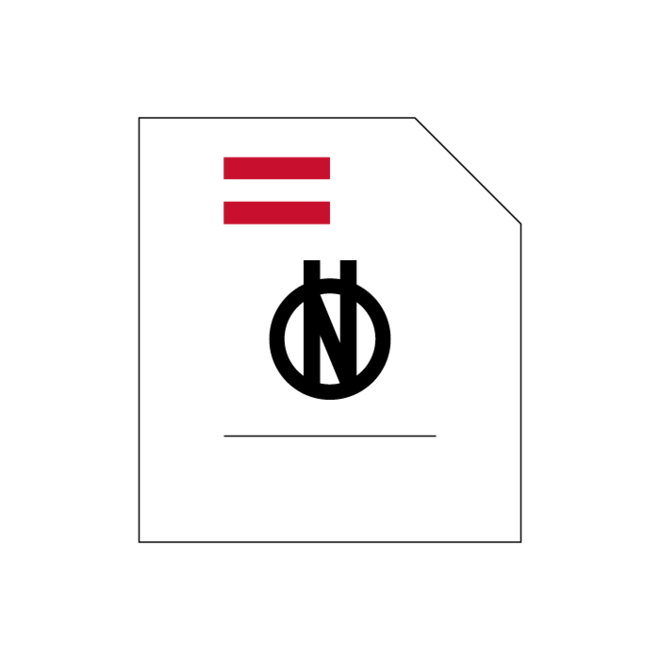Please select and order
€219.54
excl. VAT
Add to cart
Norm
ÖNORM EN 16351
Issue date: 2021 07 01
Timber structures - Cross laminated timber - Requirements
This document sets out provisions regarding the performance of characteristics of the following Types of cross laminated timber for use in buildings and bridges:
— Type ...
Valid
Publisher:
Austrian Standards International
Format:
Digital | 99 Pages
Language:
German
| English
Optionally co-design standards:
ICS
This document sets out provisions regarding the performance of characteristics of the following Types of cross laminated timber for use in buildings and bridges:
— Type 1: Straight or curved cross laminated timber comprising only timber layers but no large finger joints;
— Type 2: Straight cross laminated timber comprising only timber layers and large finger joints;
— Type 3: Straight cross laminated timber comprising timber and wood-based panel layers but no large finger joints.
This document covers cross laminated timber of all three Types of cross laminated timber:
— manufactured according to this document, which sets up provisions for:
— boundary conditions during manufacture of cross laminated timber;
— moisture content and temperature of timber to be bonded;
— production of finger joints and bonds between layers;
— to be used in service class 1 or 2 according to EN 1995-1-1;
— made of coniferous species and poplar listed in this document;
— which may be made of layers made of different species;
— bonded with phenolic or aminoplastic or moisture curing one-component polyurethane or emulsion polymer isocyanate adhesives of adhesive Type I according to the respective standard;
— made of timber laminations having a nominal width between 40 mm (including) and 300 mm (including);
— built up of at least three orthogonally bonded layers (at least two of them timber layers);
— which may have, depending on the number of layers, adjacent layers bonded parallel to the grain;
— made of timber layers which are made of strength graded timber according to EN 14081-1;
— made of timber layers having nominal thicknesses between 6 mm (including) and 47 mm (including);
— made of timber layers which may comprise edge bonds;
— having nominal overall thicknesses up to 500 mm.
Additional provisions of this document apply for straight cross laminated timber comprising only timber layers and comprising large finger joints (Type 2):
— made from cross laminated timber pieces having the same cross-section and layup;
— made from cross laminated timber pieces having nominal cross-sectional thicknesses from 51 mm (including) up to 345 mm (including) and nominal minimum thicknesses of the outer layers not less than 17 mm (including);
— made from cross laminated timber pieces solely comprising timber layers;
— made from plane cross laminated timber pieces;
— with parallel x-axes of the jointed components;
— with large finger joints having a finger length of at least 45 mm and fingers which are visible at the two narrow sides of the components;
— having large finger joints bonded with phenolic or aminoplastic or moisture curing one-component polyurethane adhesives of adhesive Type I according to the respective standard.
Additional provisions of this document apply for straight cross laminated timber comprising timber and wood-based panel layers but no large finger joints (Type 3):
— made of structural wood-based panels specified in this document;
— made of one panel per layer and;
— having thicknesses between 6 mm (including) and 45 mm (including).
This document applies to cross laminated timber untreated or treated against biological attack.
This document does not cover:
— cross laminated timber treated with fire retardants;
— cross laminated timber which is produced from re-used timber or wood-based panels comprising re-used timber.




